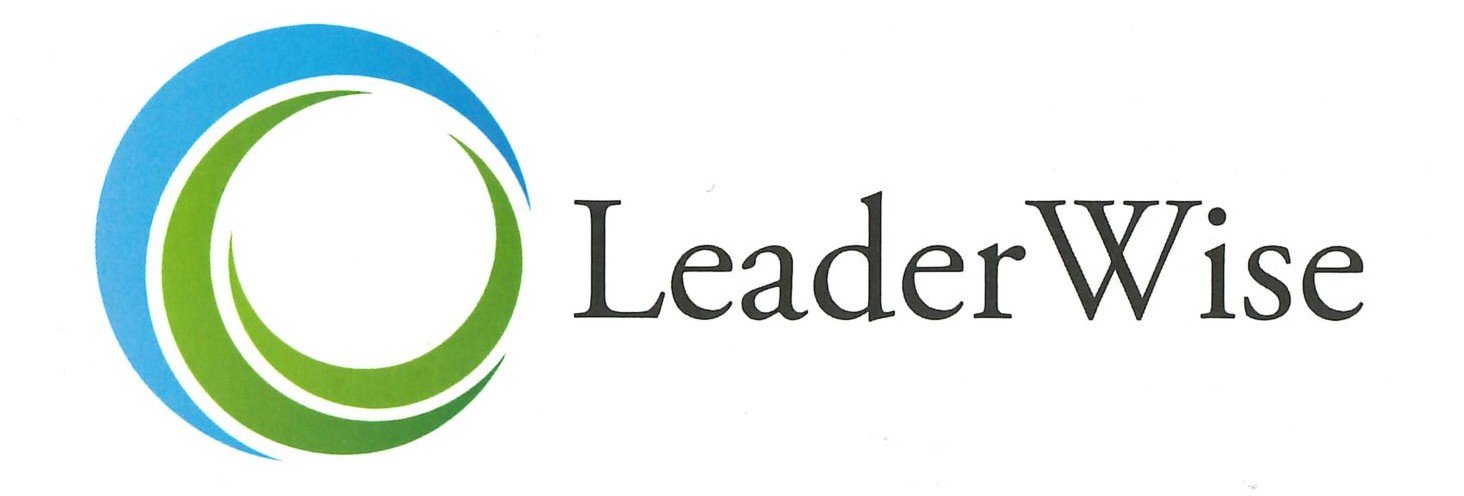Develop Sustaining Measures of Success and Satisfaction
Our summer e-letter series on resilience kicked off June 6. Each week we are writing about one of the eleven tasks that Dr. Tom Skovholt, a prominent researcher in the helping professions, identifies as necessary to maintain our wellbeing. Last week we continued with Skovholt’s Task 4: “Search for Empathy Balance.” This week, Cindy Halvorson reflects on what it means to “Develop Sustaining Measures of Success and Satisfaction.” Find the collection of past e-newsletters here.
Develop Sustaining Measures of Success and Satisfaction
Resilience Task 5
by Rev. Cindy Halvorson, MDiv, DMin
As an elementary student, I wanted to be a cheerleader when I was in high school. I practiced at home every day. Clapping while bouncing on my toes, jumping with special leg kicks, cartwheels and tumbling. I spent hours during the summer practicing in our yard.
S-U-C-C-E-S-S
That’s the way we spell success!
Goooooo, team!!
Even as a child, I knew that success was something for which to strive. At that point, I had given no thought to what MY idea of success was. I had inherited a measure of success. Winning was success. Getting good grades was success. Having my parents’ and teachers’ approval was success. Having a tidy room was success to my mom but mostly, I didn’t care about that – unless I wanted her approval, which meant I needed to live up to her sense of success. As my world expanded beyond my parents, I learned what others deemed to be success. Some cherished having possessions; others valued going without. Some respected education; others placed little importance on “book-smarts.” Some appreciated a good work ethic; others treasured a good amount of play. All of us have received messages from others as to what spells success. This has occurred throughout all of time; the drive for success is nothing new. Afterall, success is connected to survival.
I wonder how life would be different if we were to create sustainable and meaningful measures of success and satisfaction. Dr. Tom Skovholt’s research shows that developing sustainable and meaningful measures of success increases our resiliency. This practice requires intentional examination of our values. People are more than happy to impose their measurement of success onto us. Yet, resilient leaders hold to their individual values for guidance, and measure their success by their own standards. Resilient leaders recognize their human limitations and create sustainable measures of success and satisfaction.
What if success weren’t concerned with productivity?
What if satisfaction weren’t measured by bigger-is-better?
What if success weren’t fixated on perfection?
What if satisfaction didn’t continually work to accommodate others?
What if success and satisfaction reflected a sense of faithfulness?
Faithfulness to love and care for our world and the people in it?
Faithfulness to our calling in a way that allows us to flourish?
Faithfulness to our true, very human, limited self?
What if each of us courageously decided a meaningful way to measure success and satisfaction according to our values? I wonder how our lives might change.
May all our wonderings and wanderings lead us home.

